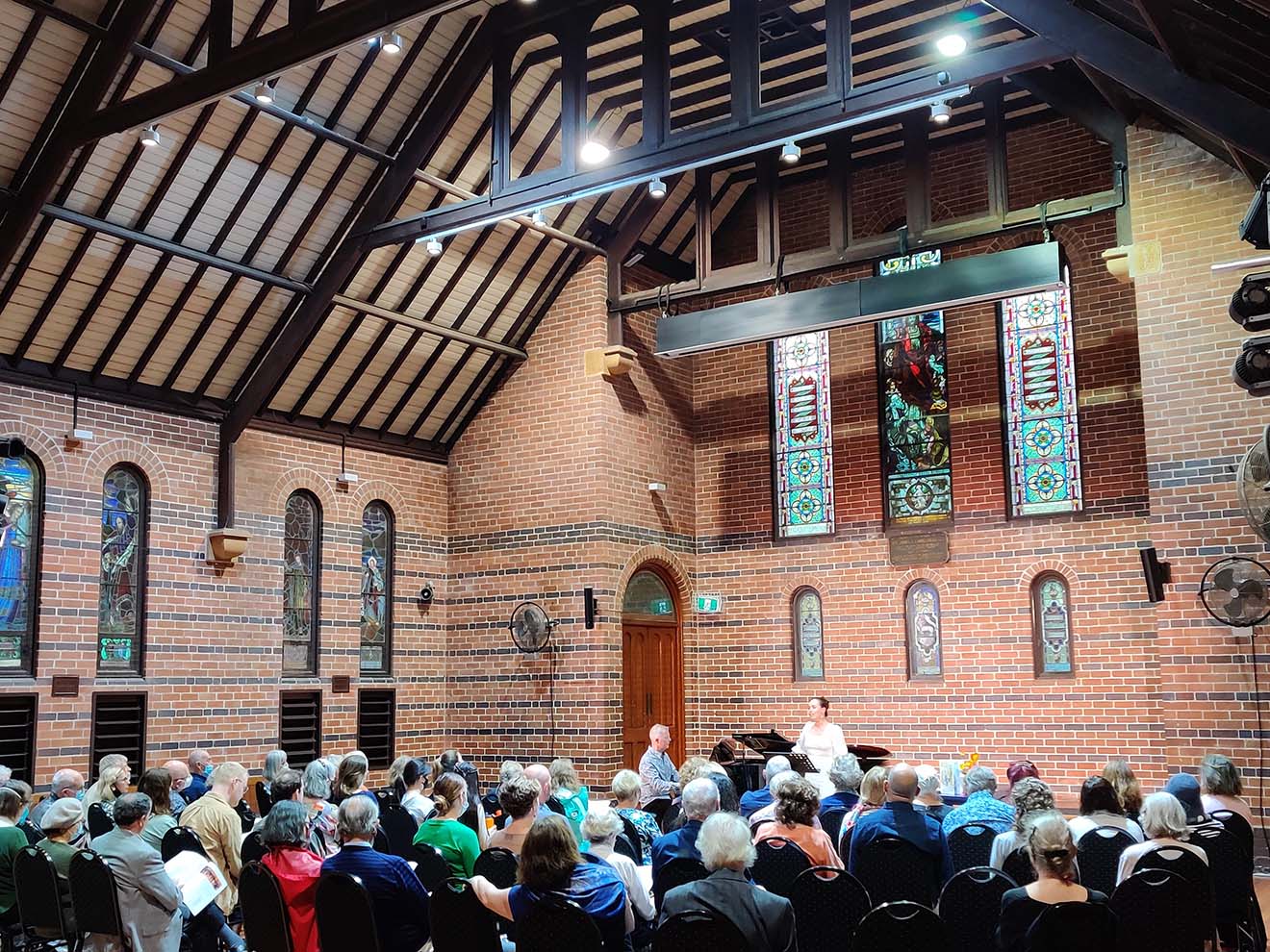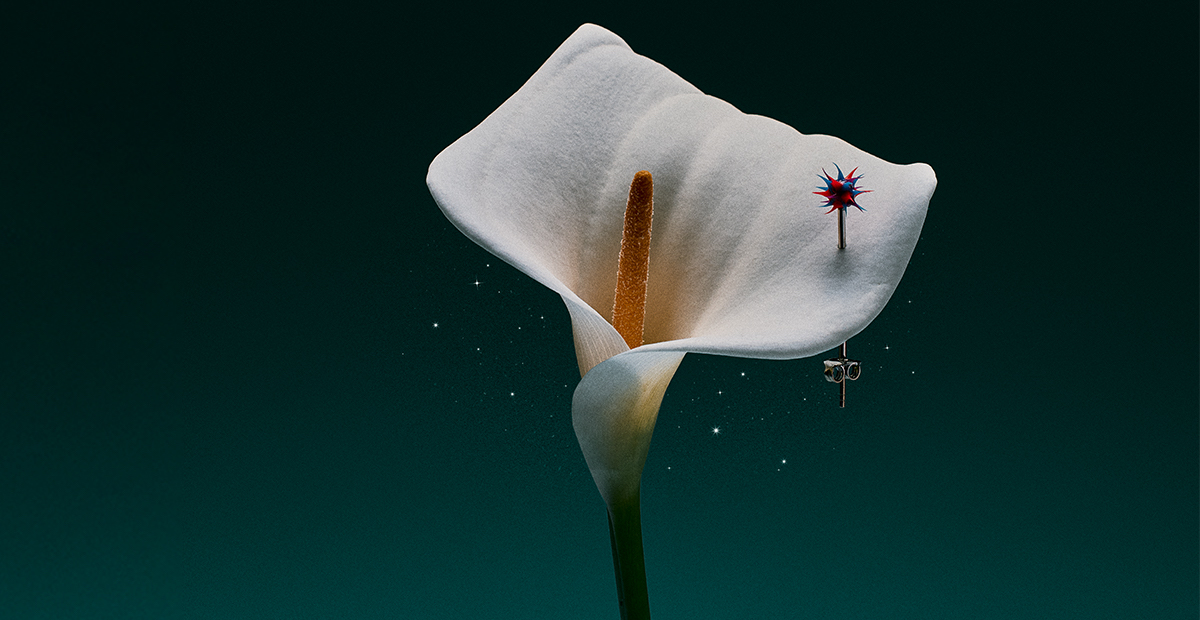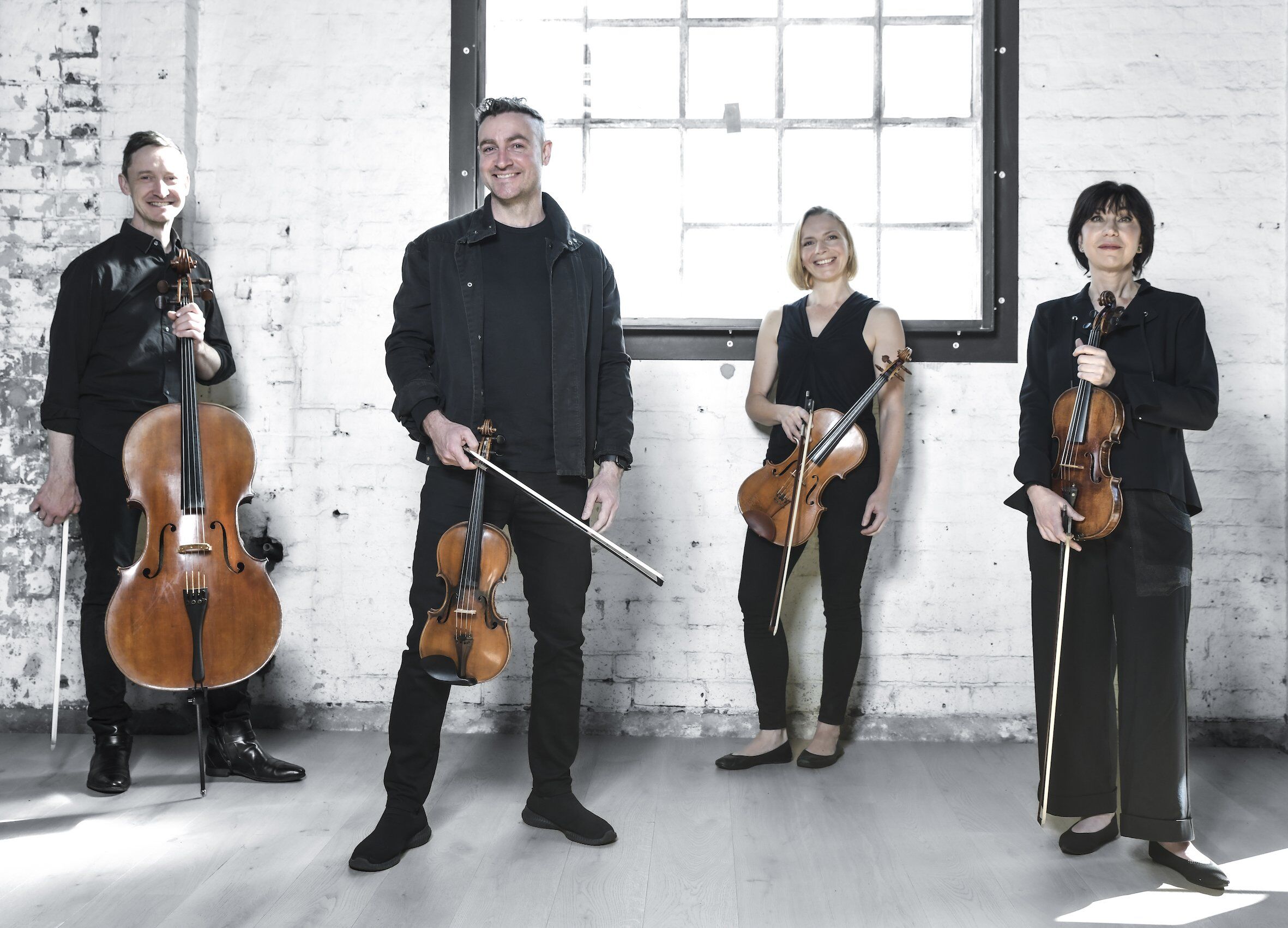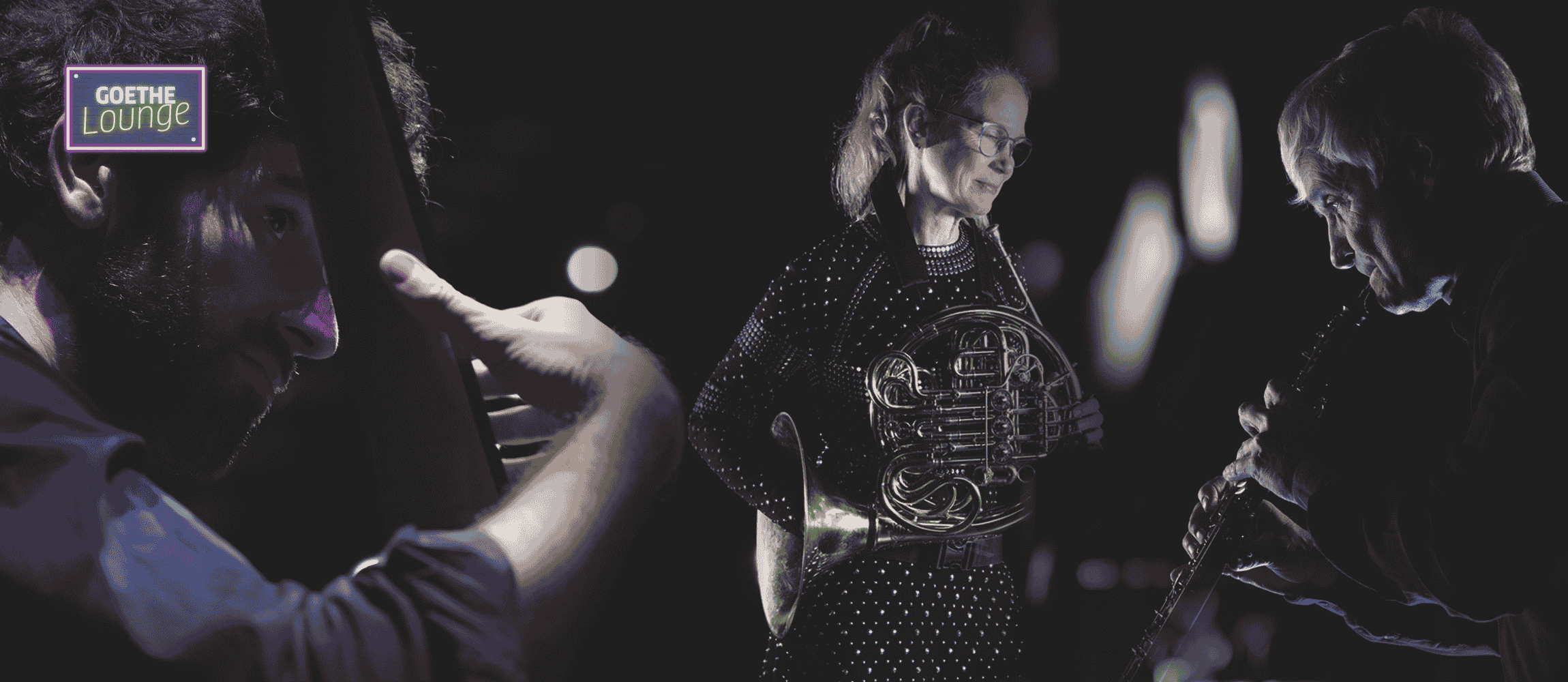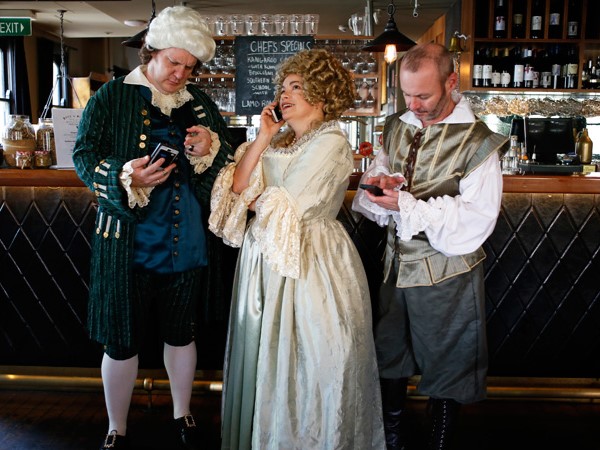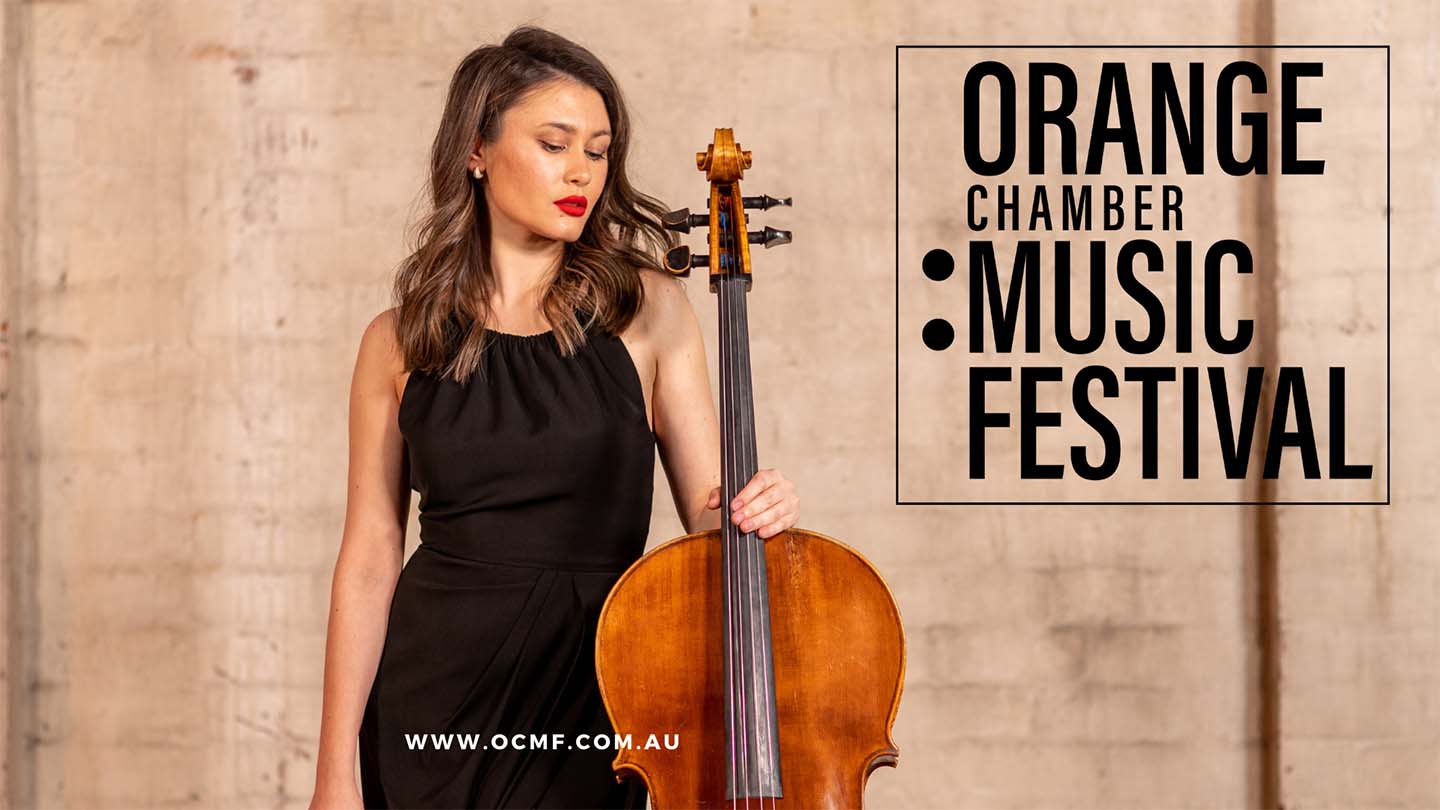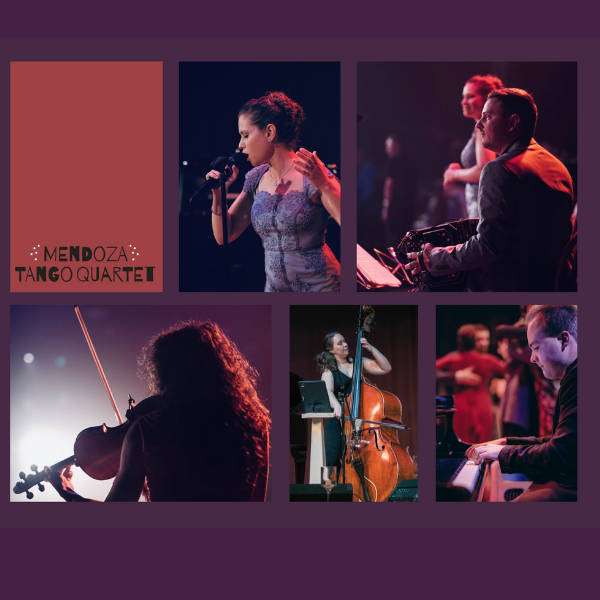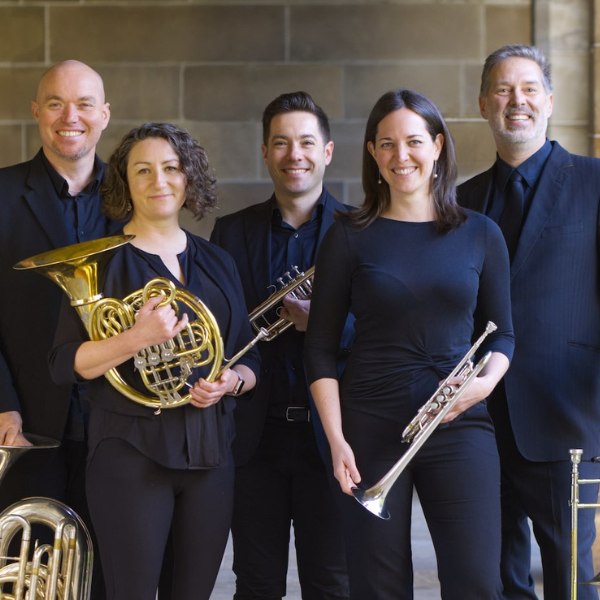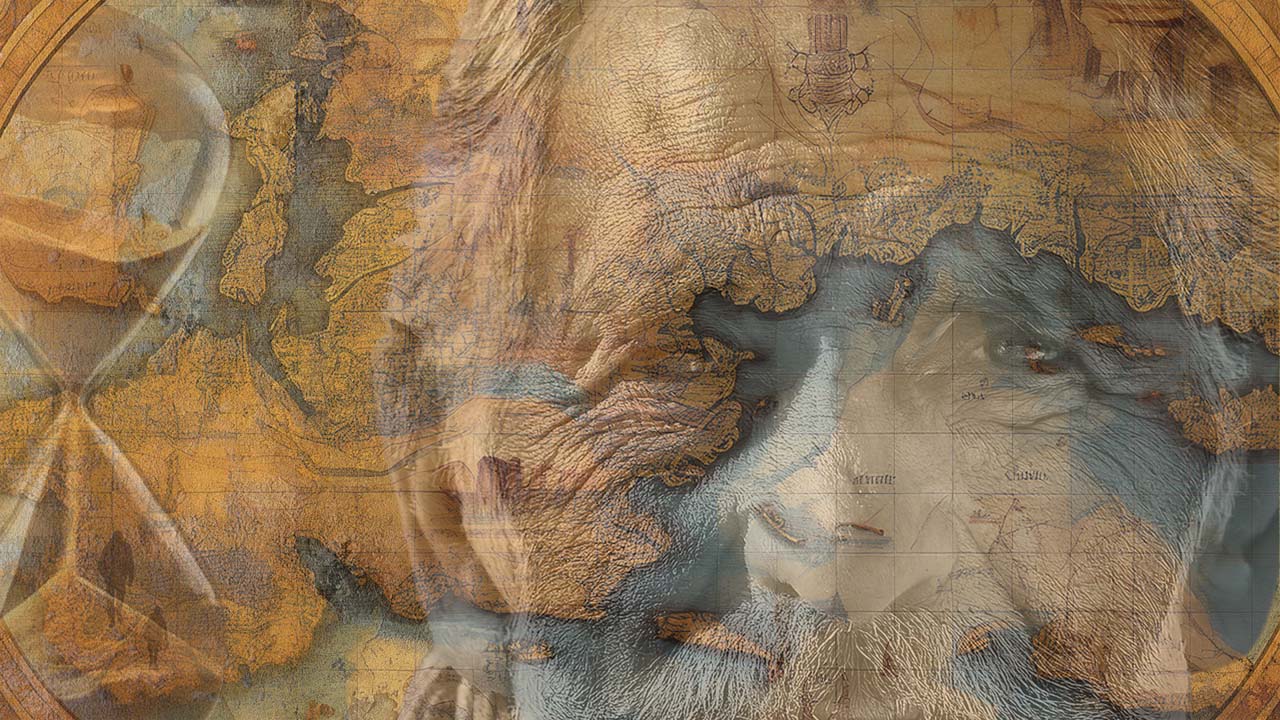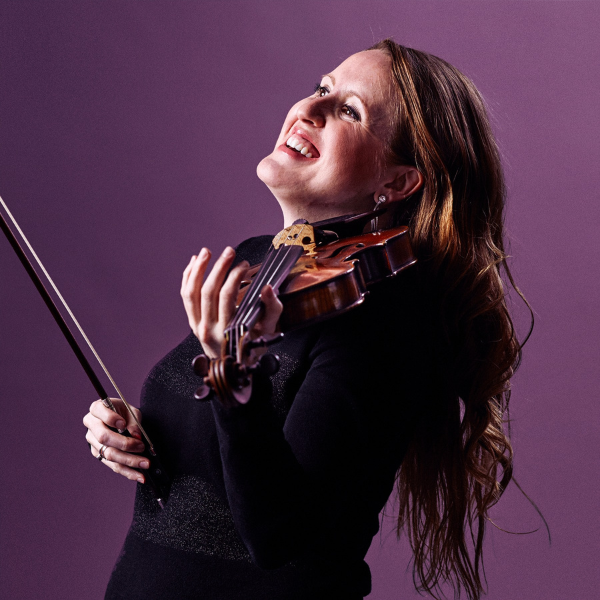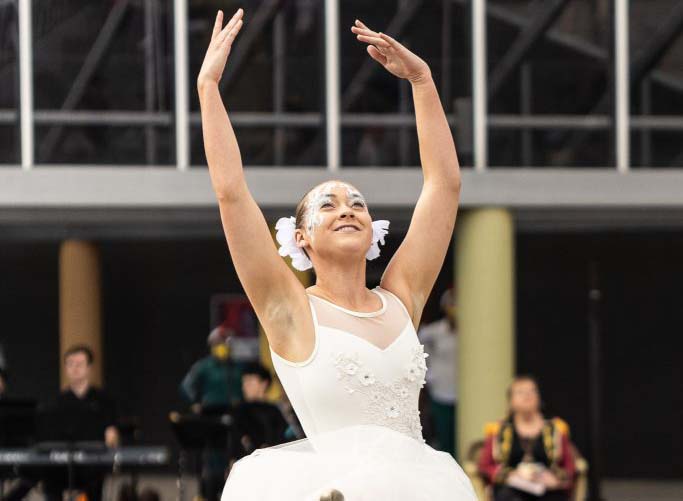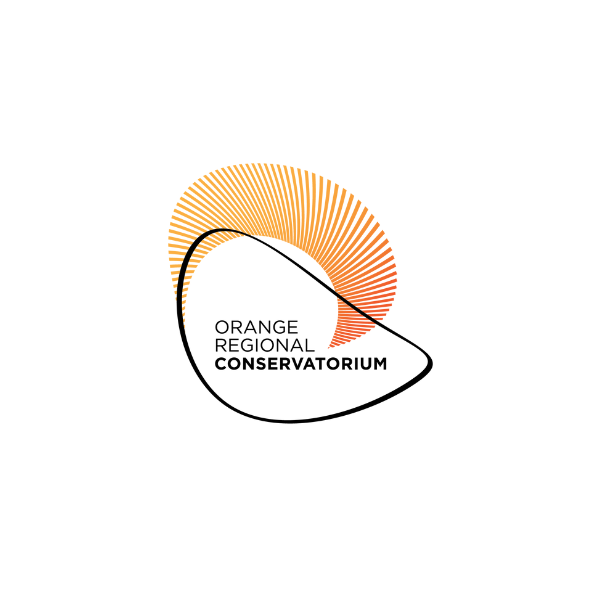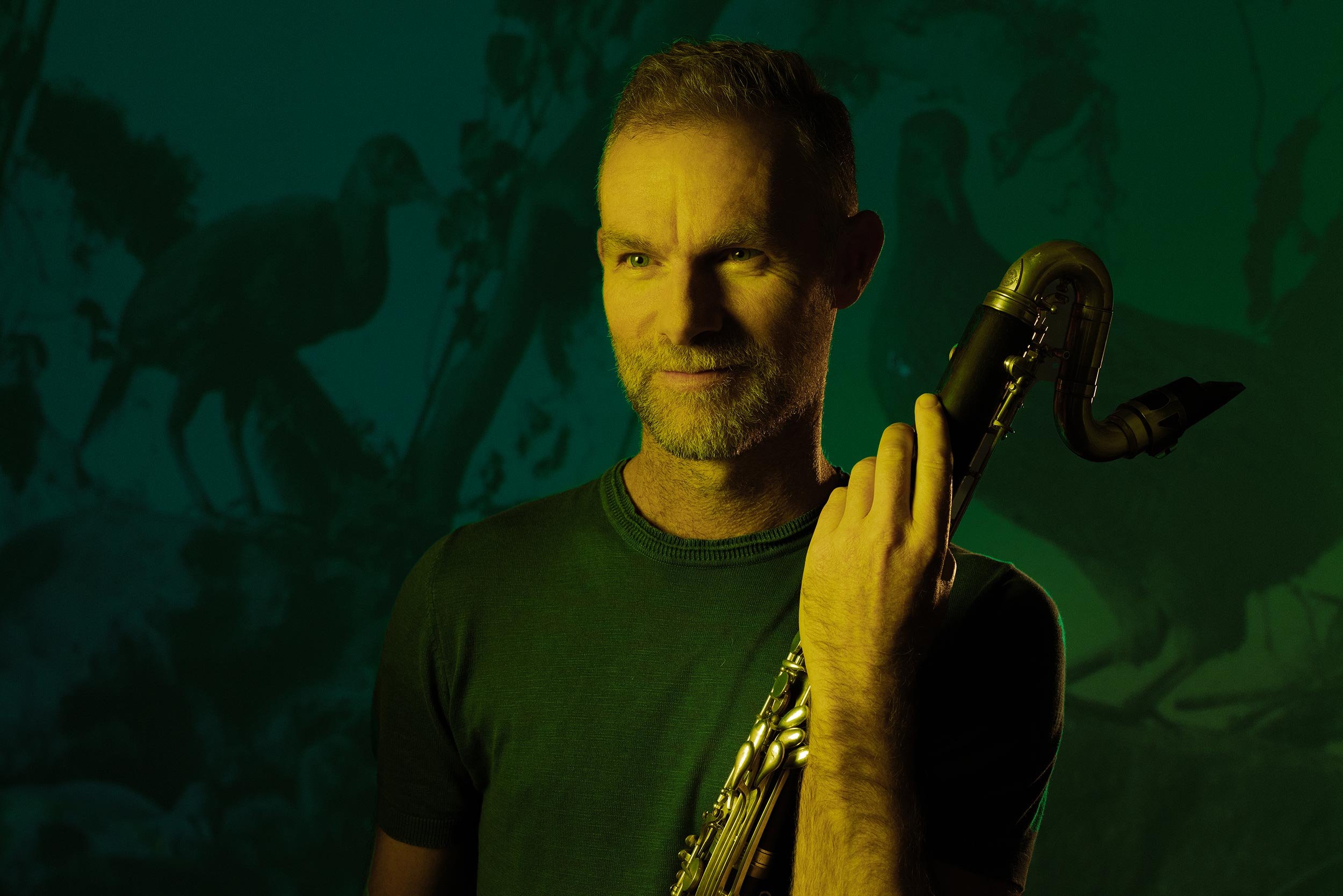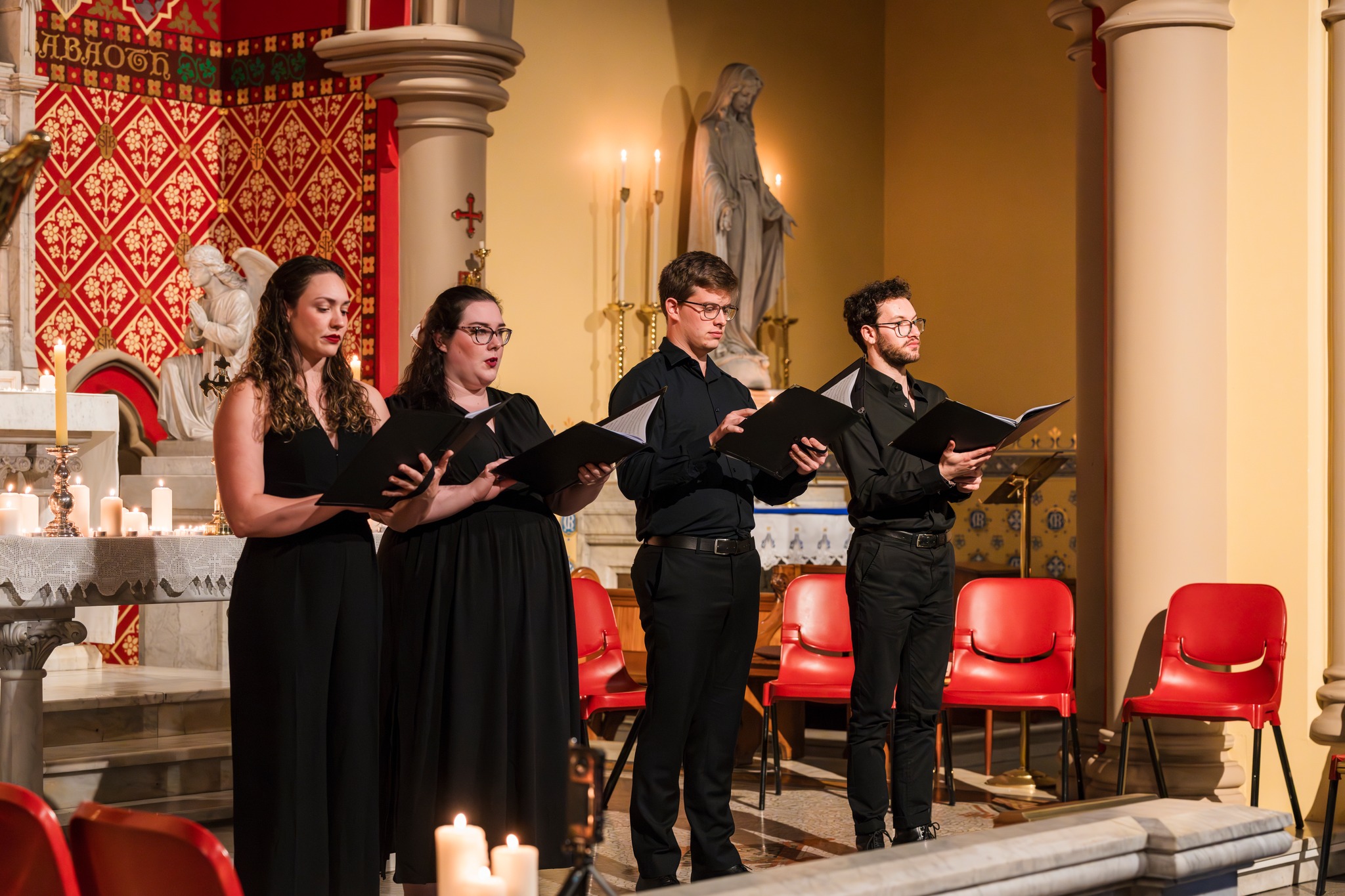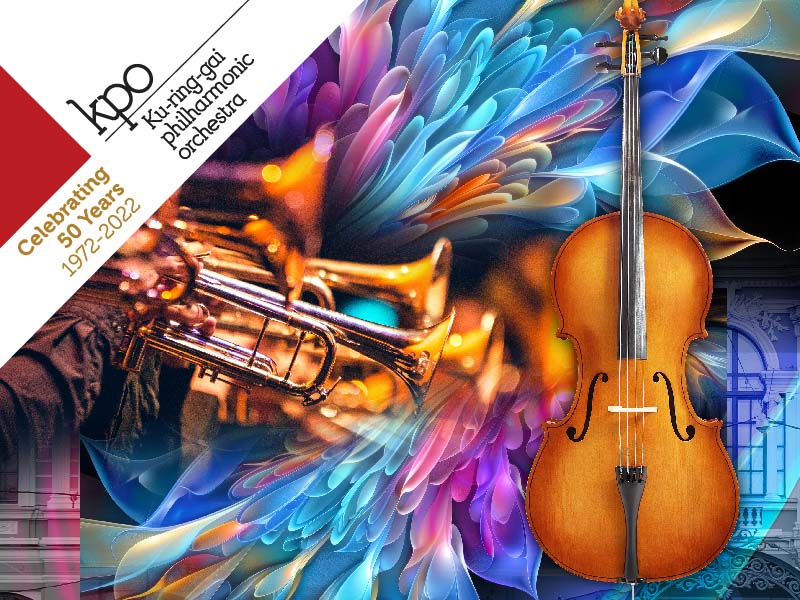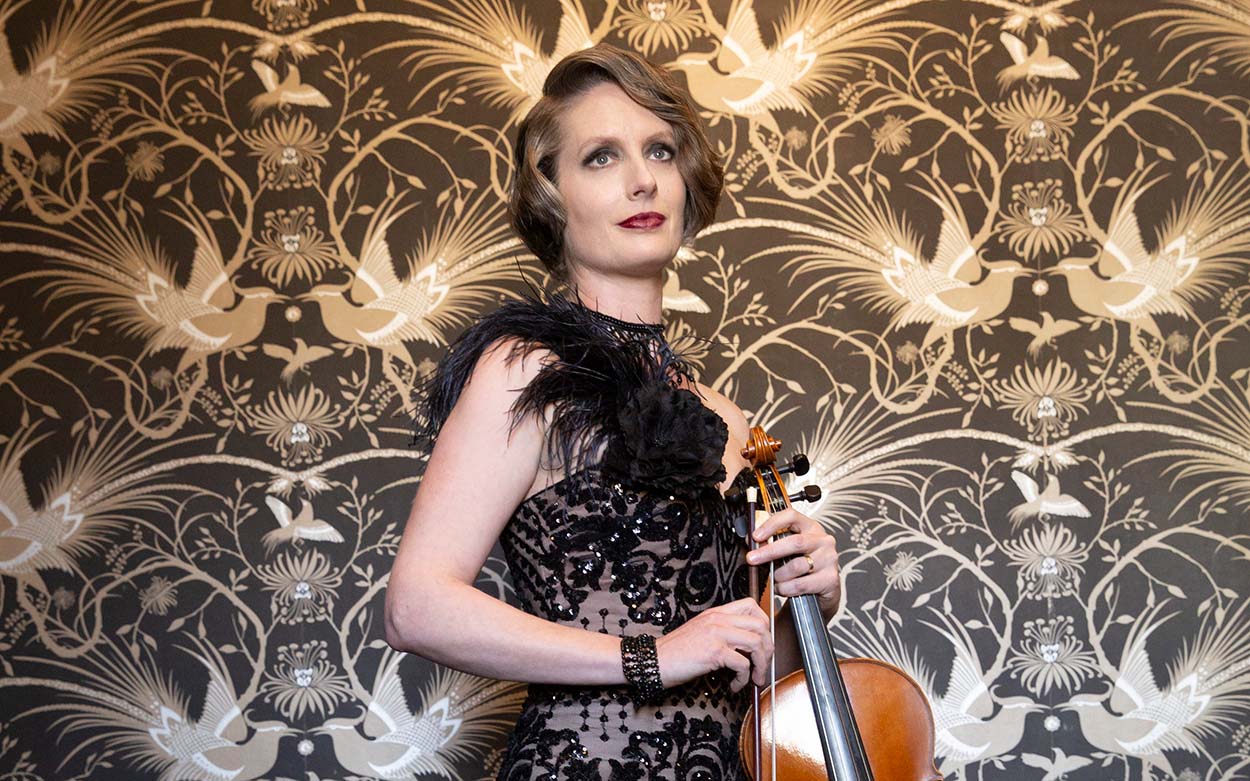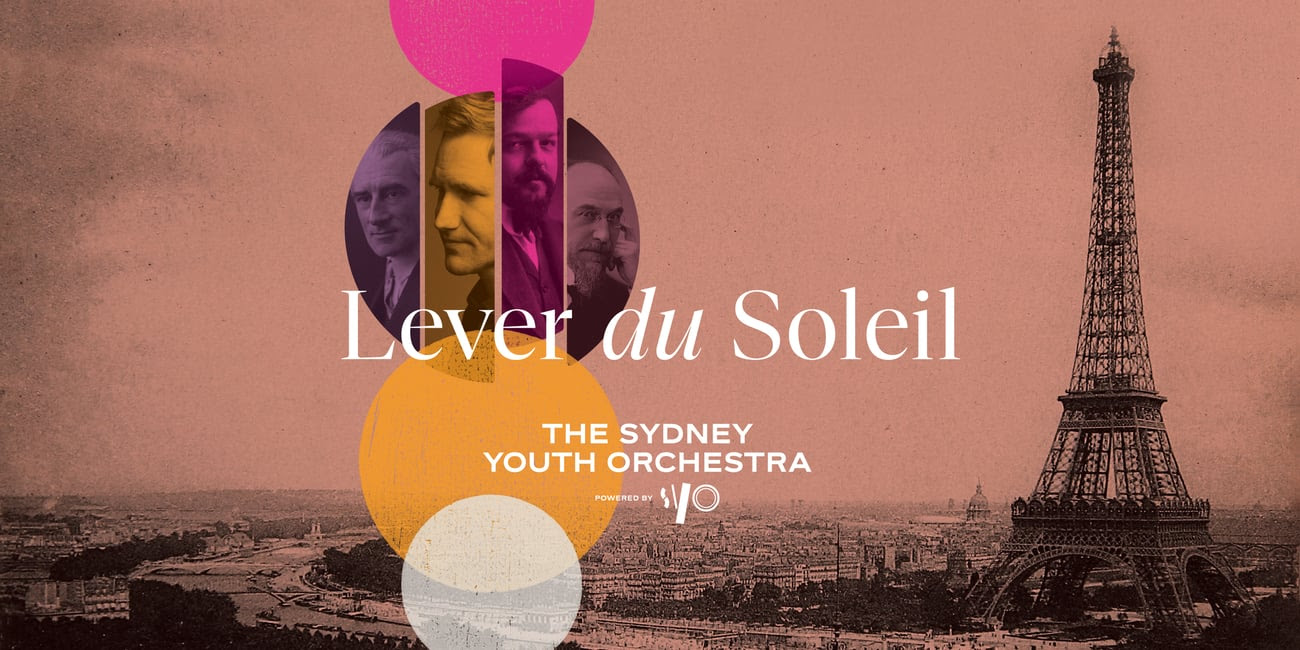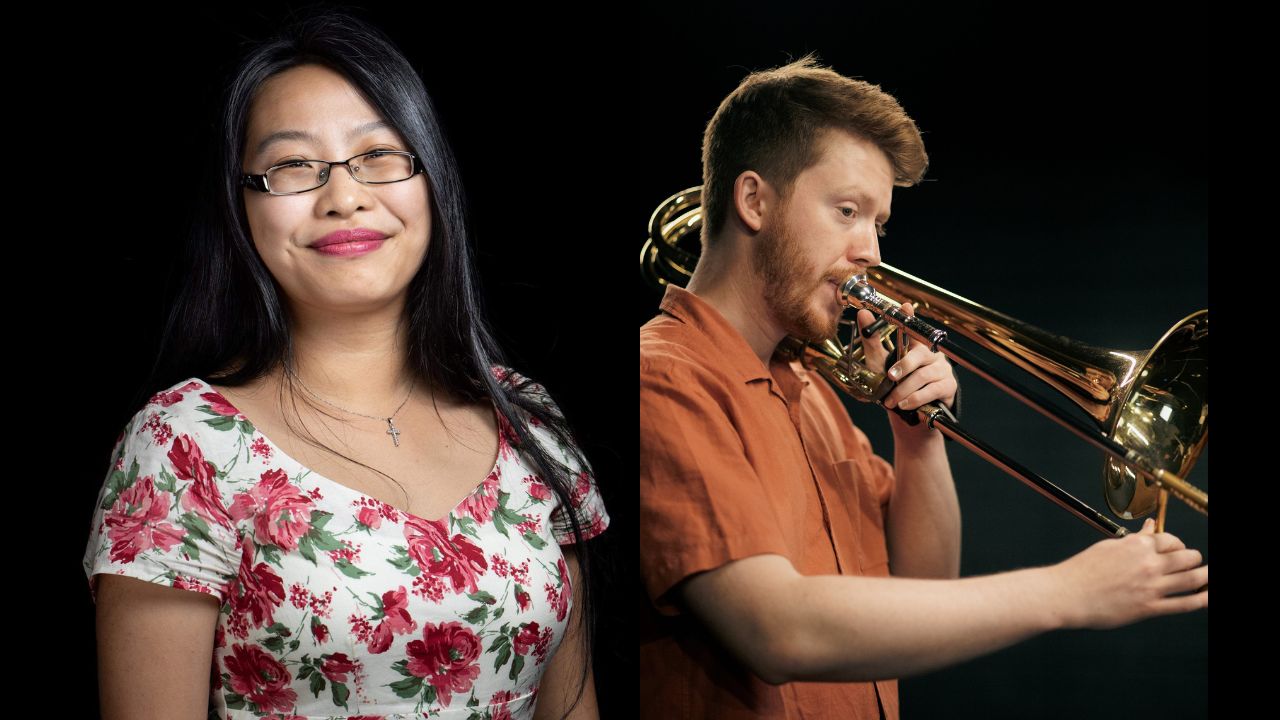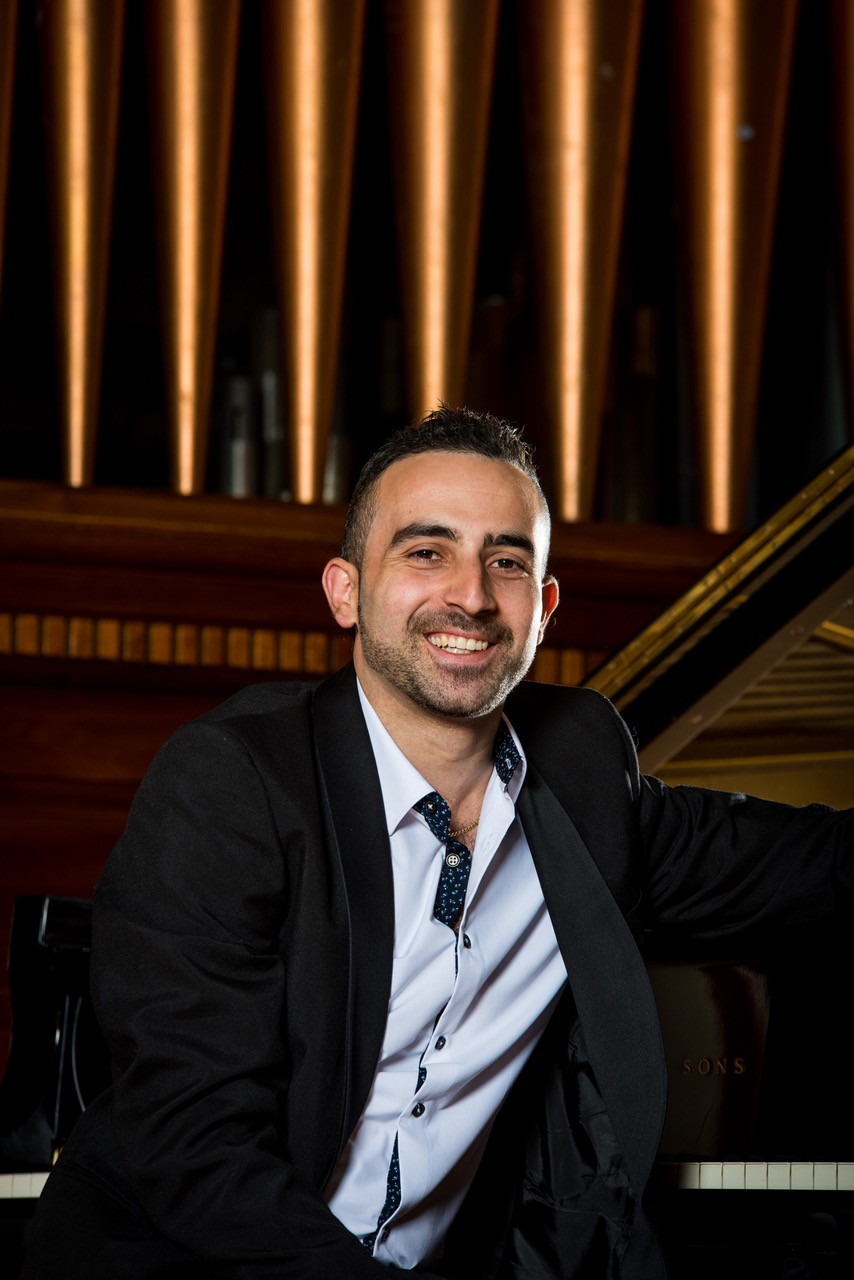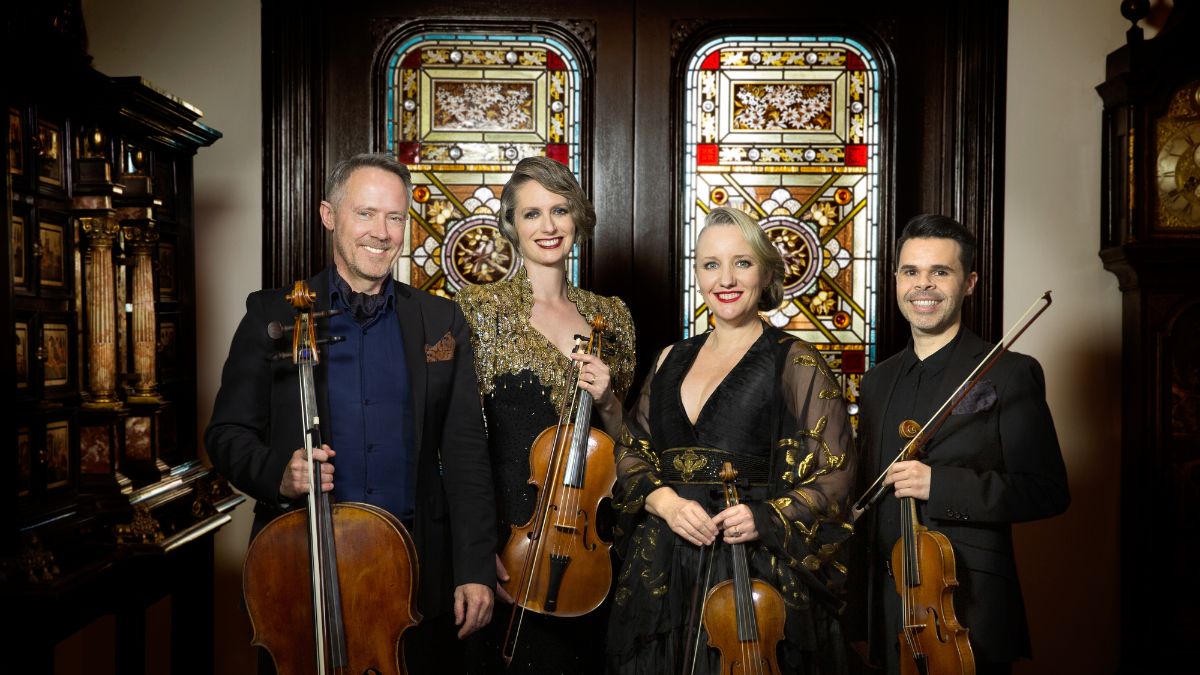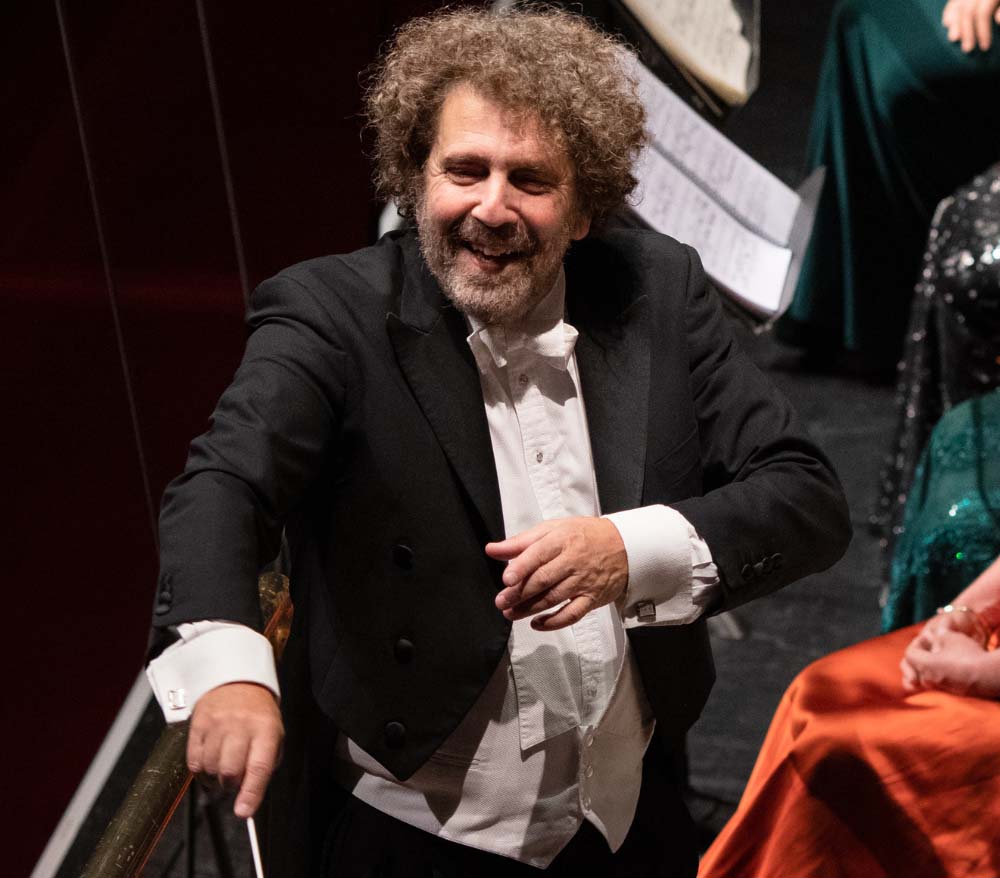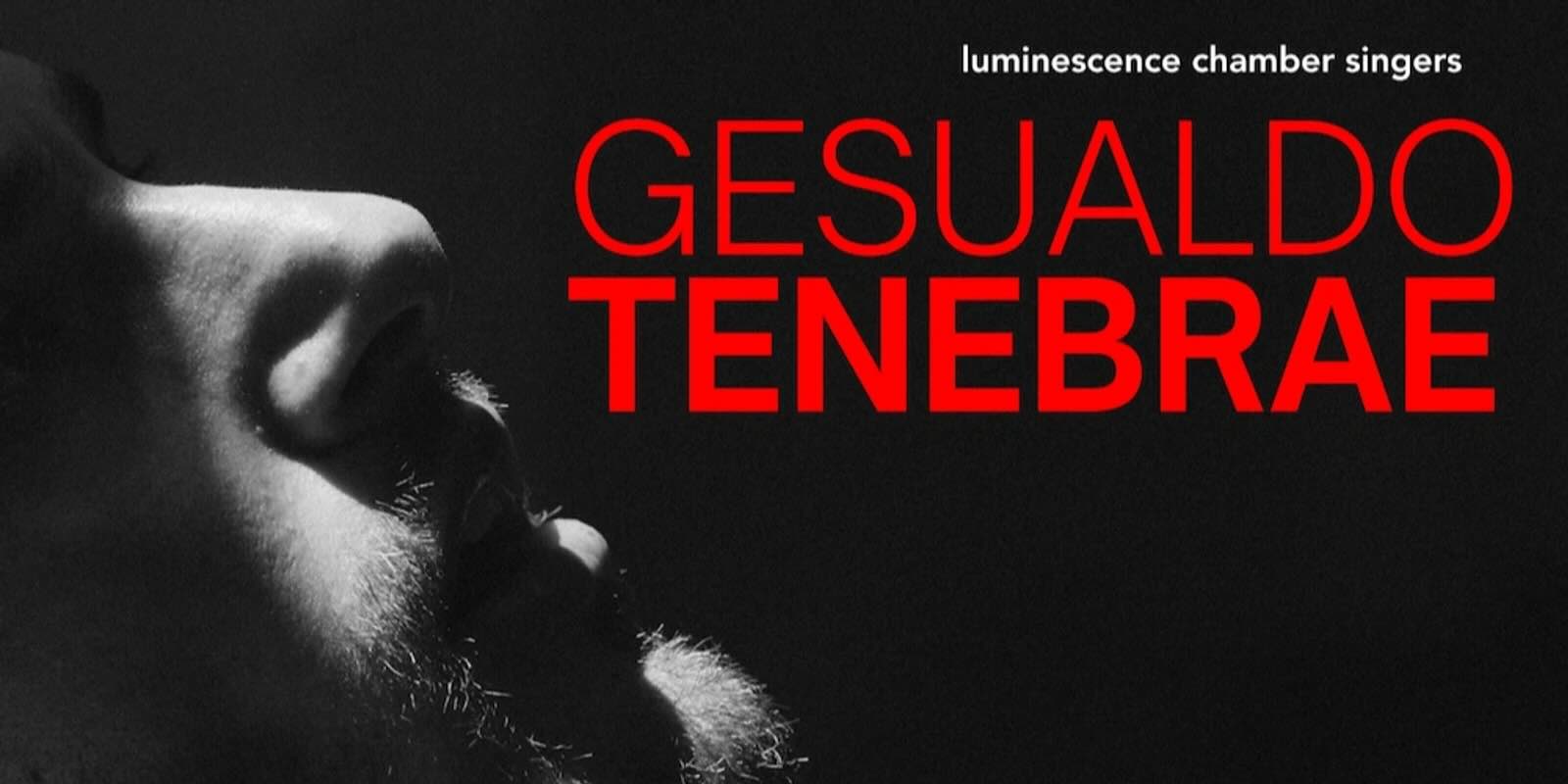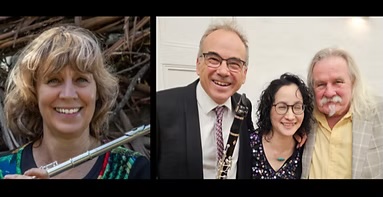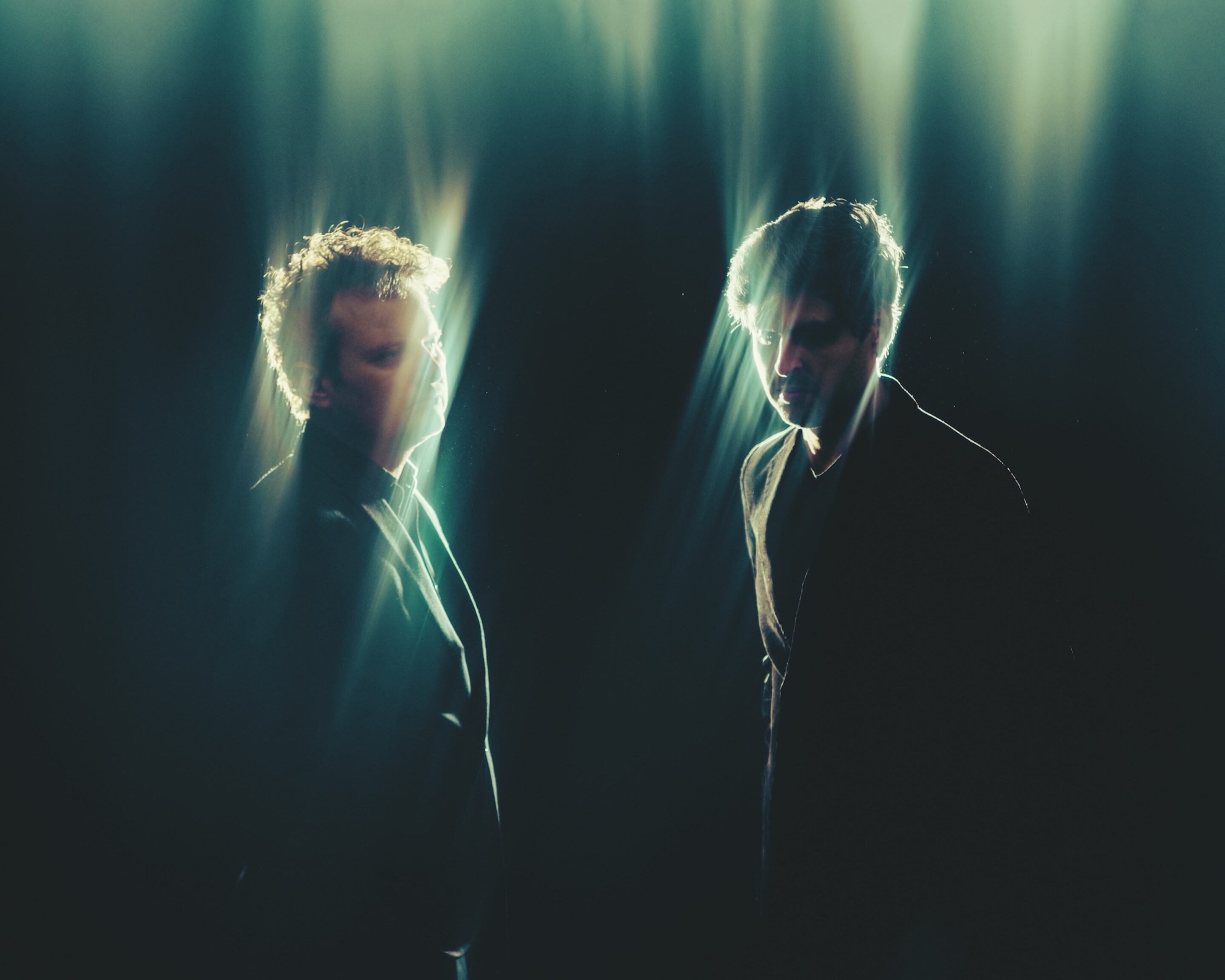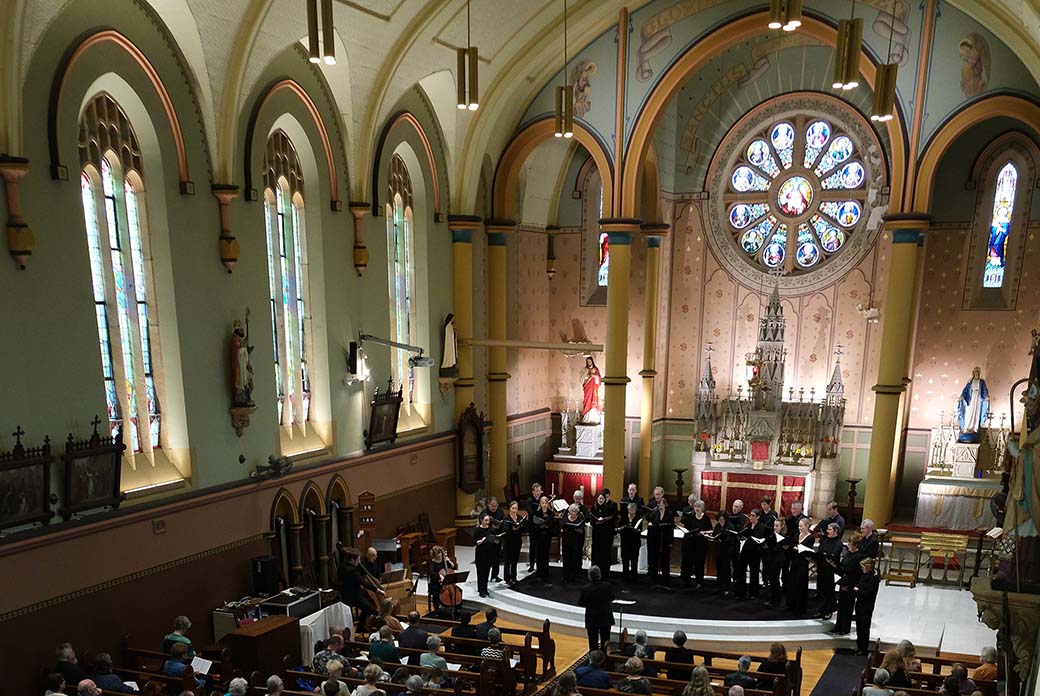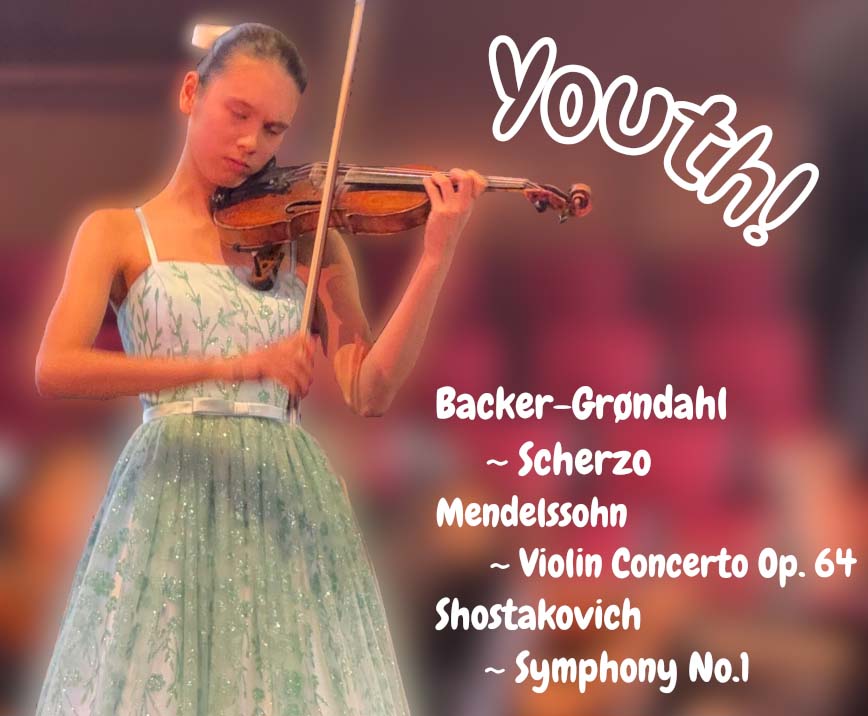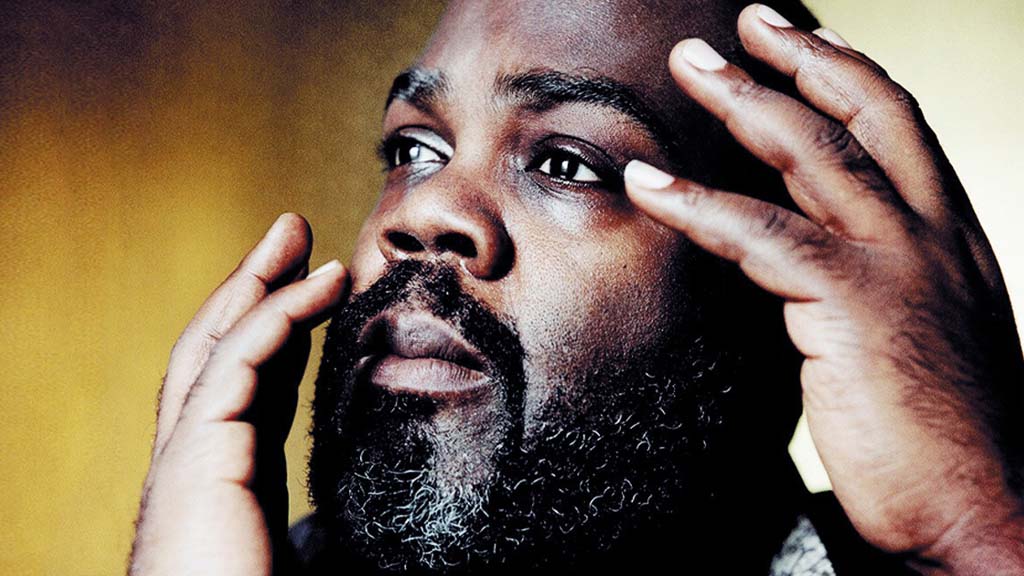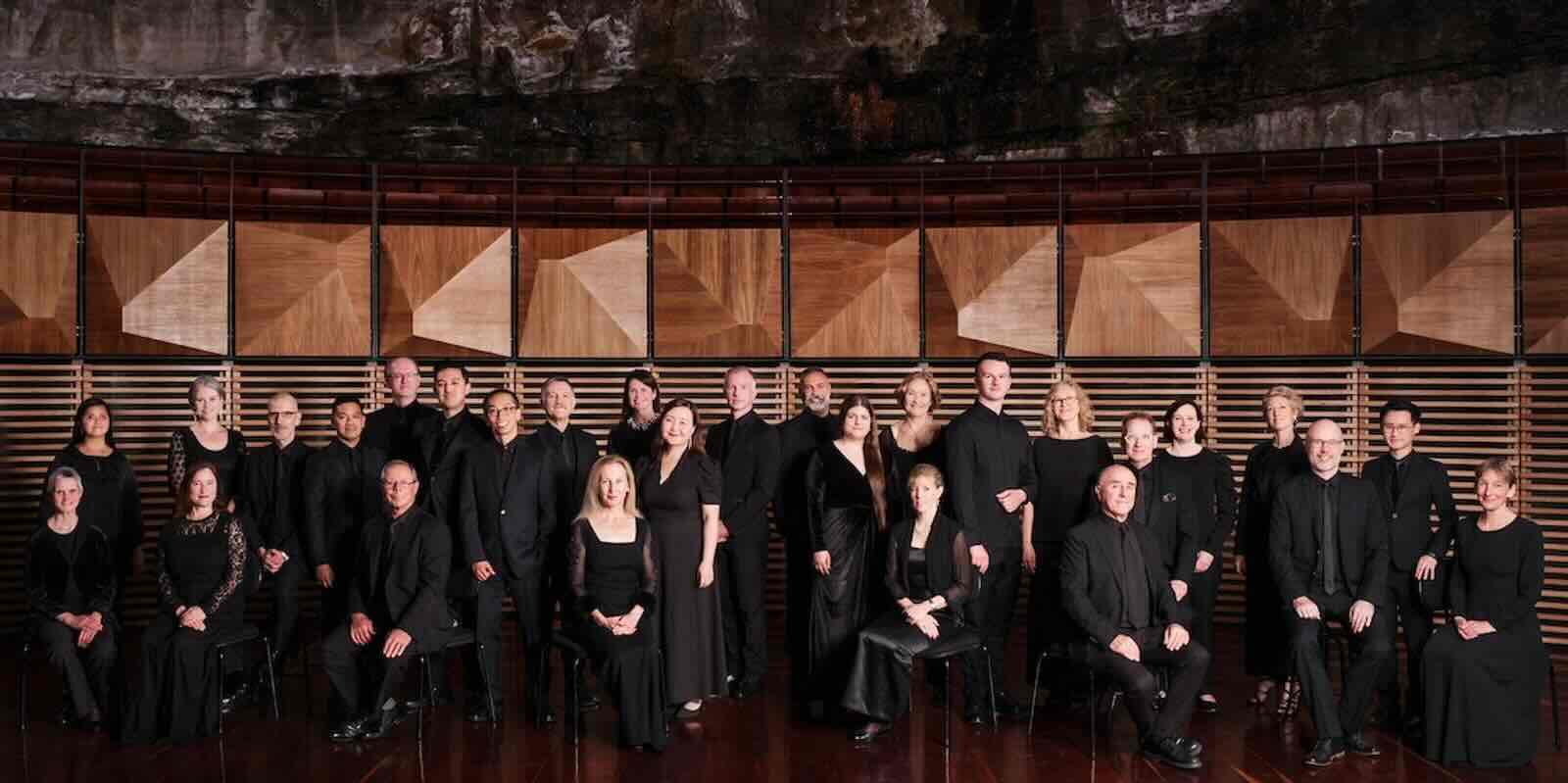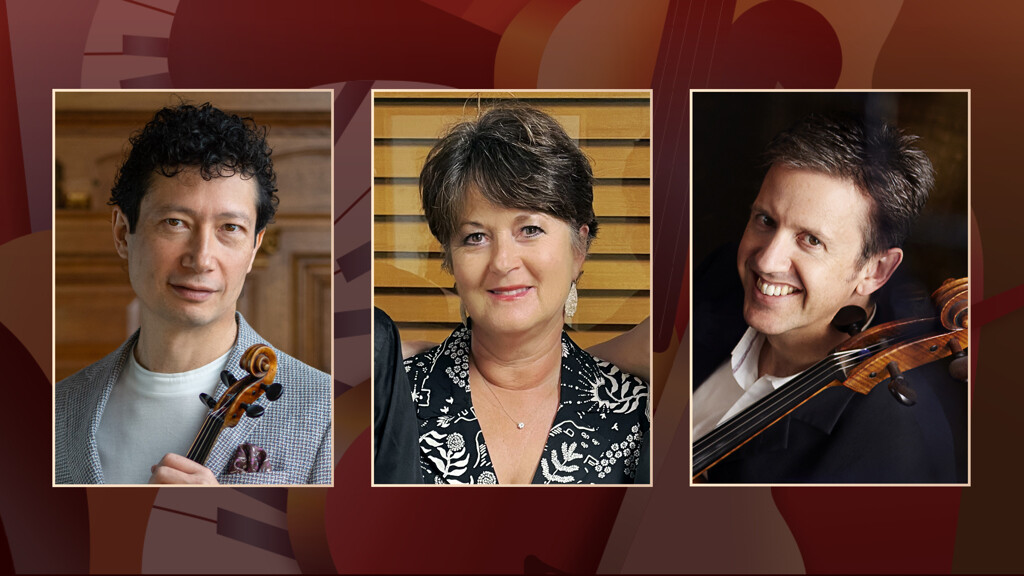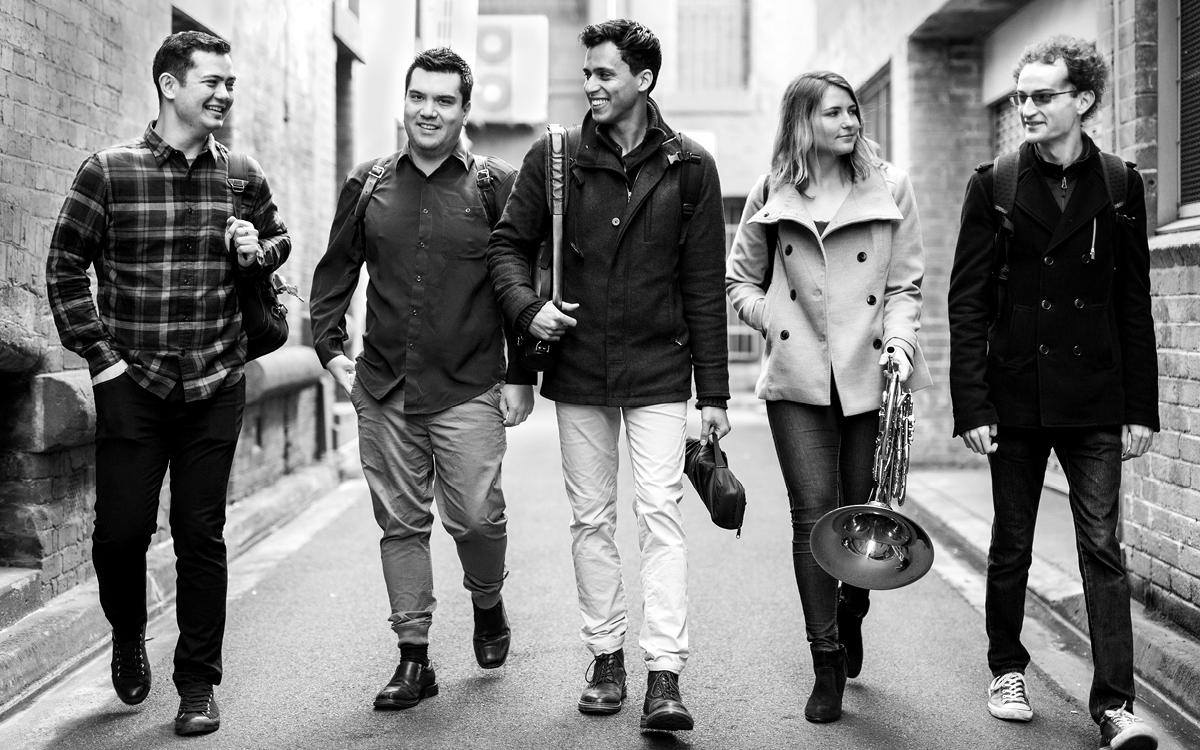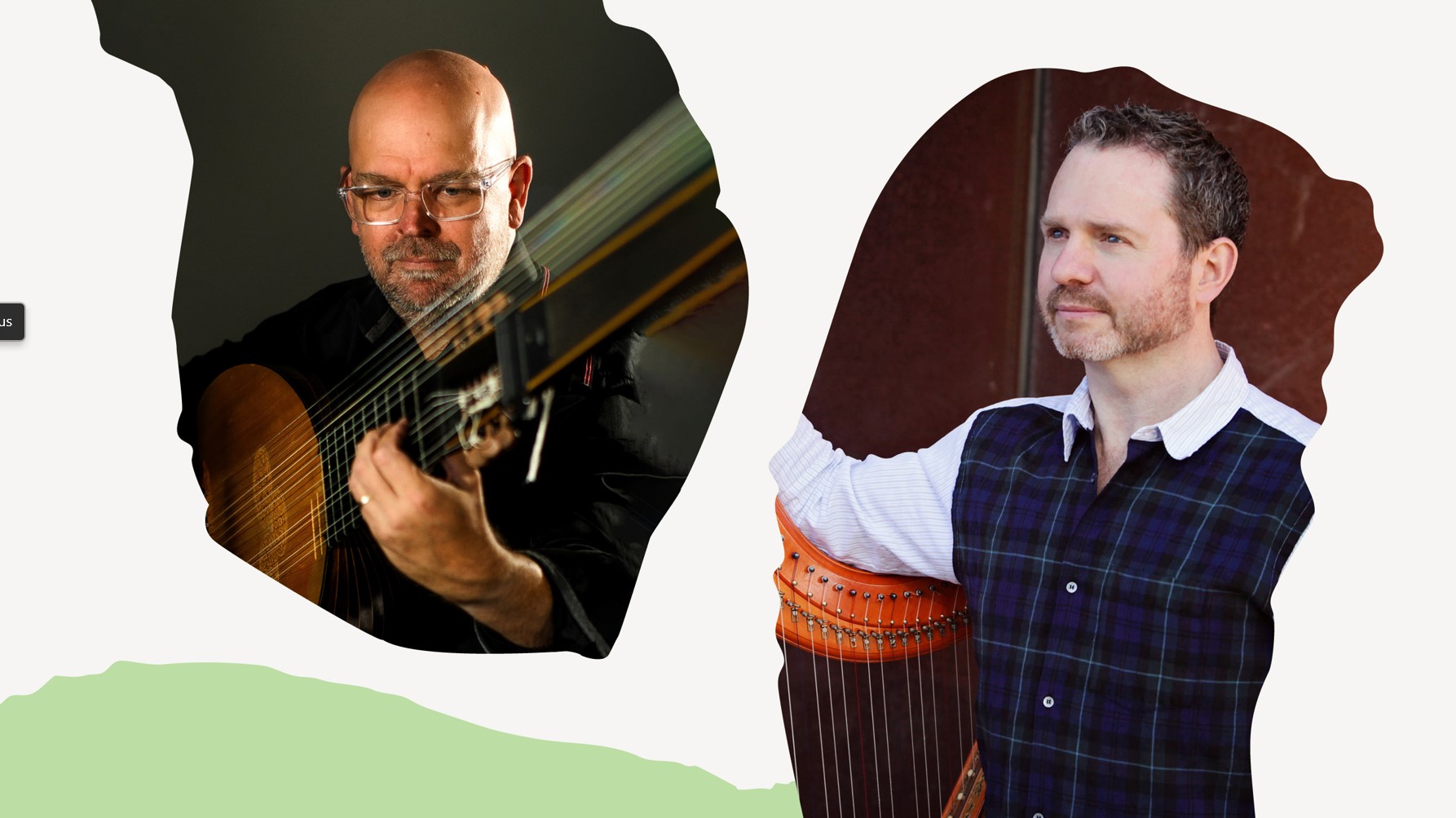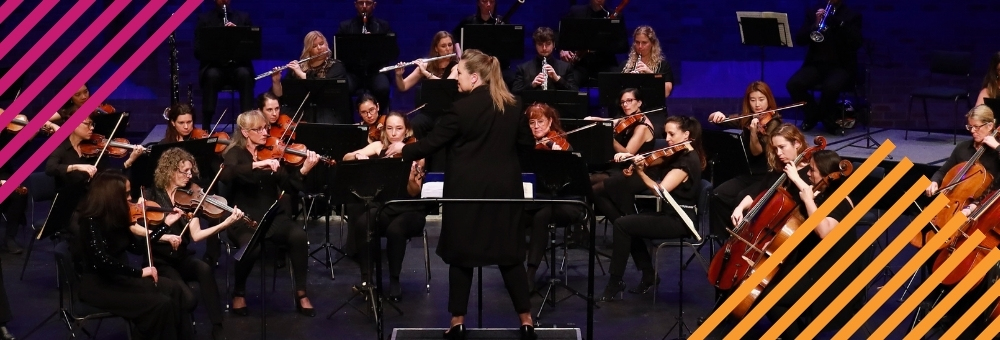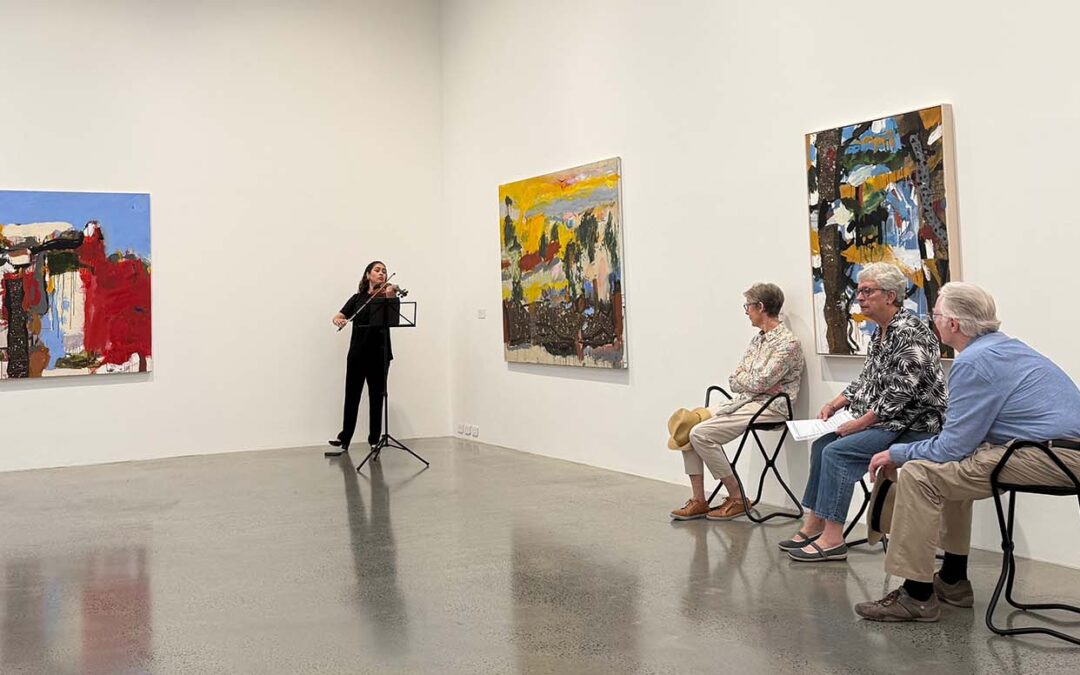The Song Company: Close-Up | Becoming Beatrix
May 15, 2022 Mosman Art Gallery
The Song Company is renowned for its intriguing, unusual programs and “Becoming Beatrix” is no exception. Part of their Close-up series concentrating on individual artists, “Becoming Beatrix” featured accomplished soprano, Chloe Lankshear, who literally “became” Beatrix in this program, and the innovative Francis Greep, who accompanied her on the piano. This took place in the beautiful hall of the Mosman Art Gallery, which, in a previous life, had been a Methodist Church designed by Burcham Clamp and Walter Burley Griffin.
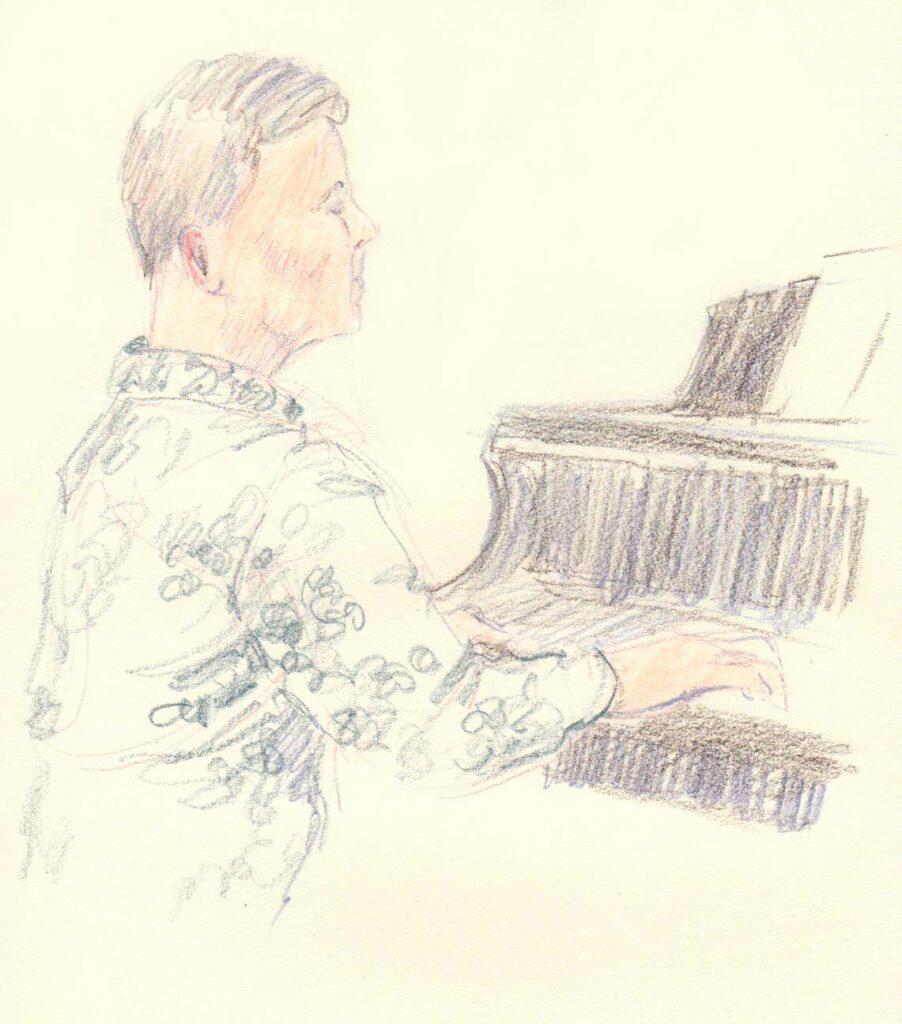 After introducing the program, Francis Greep sat and waited at the piano, while a recorded excerpt from Beatrix Potter: Artist Storyteller And Countrywoman by Judy Taylor and narrated by Patricia Routledge introduced us to Beatrix herself. We were told how she was brought up by a nanny and dressed in uncomfortable, white dresses and black boots, while Chloe, acting the part, stomped onto the “stage”, wearing a white dress and black boots. Beatrix loved nature and this is illustrated by the first five songs.
After introducing the program, Francis Greep sat and waited at the piano, while a recorded excerpt from Beatrix Potter: Artist Storyteller And Countrywoman by Judy Taylor and narrated by Patricia Routledge introduced us to Beatrix herself. We were told how she was brought up by a nanny and dressed in uncomfortable, white dresses and black boots, while Chloe, acting the part, stomped onto the “stage”, wearing a white dress and black boots. Beatrix loved nature and this is illustrated by the first five songs.
Chloe sang Skylark in a strong, clear voice – the voice of youth and positive feelings, followed by Linnet, a more contemplative song about freedom in nature versus safety in the cage. Both songs were from The Birds, a song cycle by Sally Whitwell, set to the poetry of Christina Rossetti. There was a touching rapport between Chloe and Francis, who accompanied her on the piano with great sensitivity.
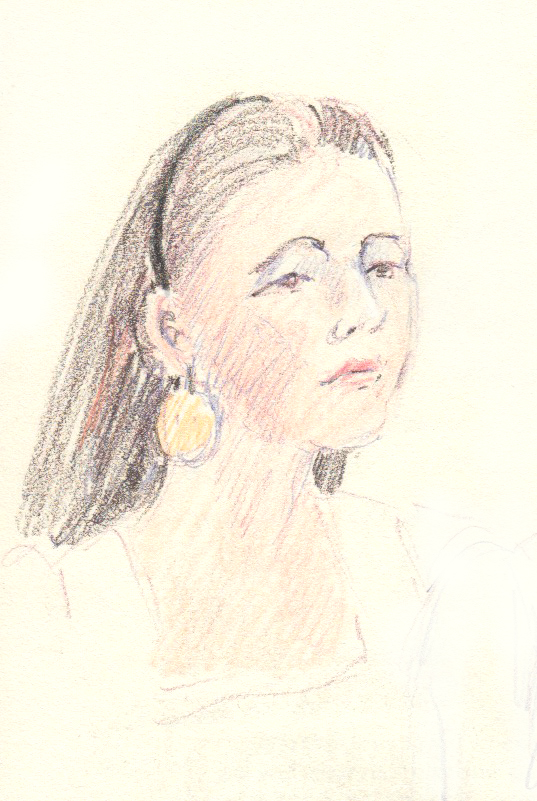
The different stages of Beatrix Potter’s life, as narrated by Patricia Routledge (herself an accomplished soprano and sometimes known as Mrs. Bucket) are illustrated with appropriate songs from an eclectic range of composers and styles. As Beatrix grew up, her love of nature progressed with bird watching, drawing and collecting fossils – she even wrote a scientific paper on the spores of fungi. This love for nature is reflected in the songs Les Papillon (Butterflies) by Claude Debussy, Le Rossignol des Lilas (The Nightingale in the Lilac) by Reynaldo Hahn and the lively Er ist’s (It’s Here!) by Hugo Wolf. Chloe Lankshear sang each song sensitively according to its context, and gradually changed her appearance from the little girl with hair held back with an “Alice band” to the young lady with her hair tied up with a clasp.
When Beatrix Potter created her children’s books, including Peter Rabbit, they were eventually published by Frederick Warne & Co. The books’ popularity soared and she had frequent dealings with Norman Warne, Frederick’s son. They fell in love, and two songs from Schumann’s Frauenliebe und Leben were the perfect choice for Chloe to sing about her passion, her love and the thrill of reading Norman’s marriage proposal. However, her parents disapproved of this marriage, as it would be below her station. Thus, Chloe sang Secret Love from the musical Calamity Jane by Fain & Webster, revealing her talent across a wide range of musical genres.
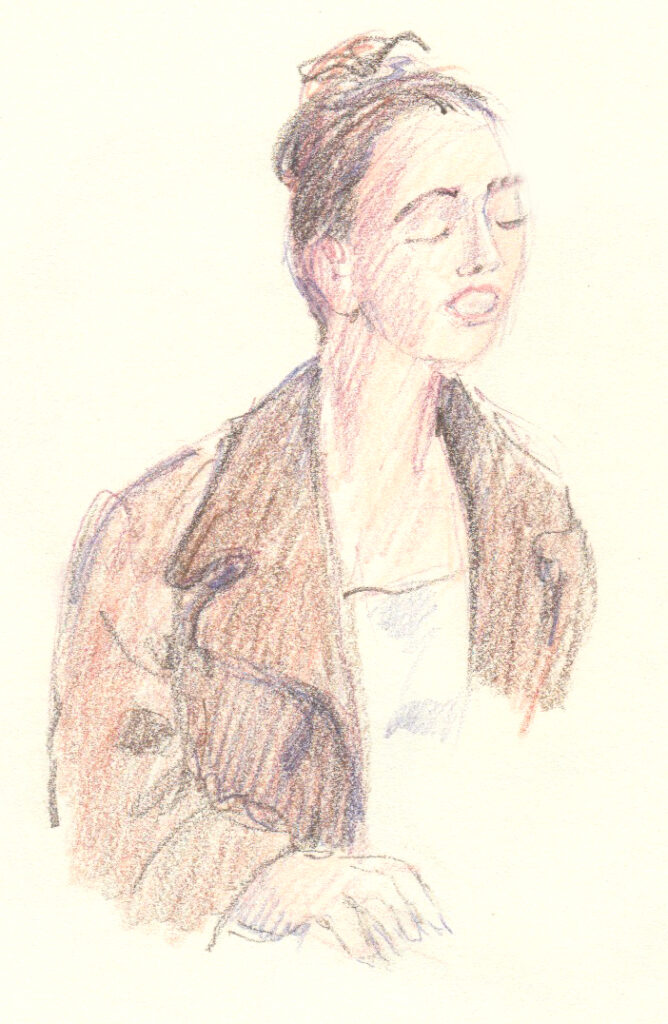 Unfortunately, this love would never be fulfilled, as Norman died from leukaemia while Beatrix was compelled to go on holidays with her parents. Her grief was portrayed in the next three songs; Nightingale, another song from Sally Whitwell’s The Birds, with words from Christina Rossetti’s poem Dreamland. Chloe sang about sunless, weeping rivers and a sadly singing nightingale, while Francis Greep interpreted this anguish passionately on the piano. More anguish was displayed in the next two songs by George Crumb: Wind Elegy and Let it be Forgotten. Chloe removed the ring she had put on after the marriage proposal, while she sang the words If anyone asks, say it was forgotten / long and long ago, / as a flower, as a fire, as a hushed footfall / in a long forgotten snow.
Unfortunately, this love would never be fulfilled, as Norman died from leukaemia while Beatrix was compelled to go on holidays with her parents. Her grief was portrayed in the next three songs; Nightingale, another song from Sally Whitwell’s The Birds, with words from Christina Rossetti’s poem Dreamland. Chloe sang about sunless, weeping rivers and a sadly singing nightingale, while Francis Greep interpreted this anguish passionately on the piano. More anguish was displayed in the next two songs by George Crumb: Wind Elegy and Let it be Forgotten. Chloe removed the ring she had put on after the marriage proposal, while she sang the words If anyone asks, say it was forgotten / long and long ago, / as a flower, as a fire, as a hushed footfall / in a long forgotten snow.
Beatrix Potter came to terms with her situation, and Chloe demonstrated this by donning a big brown overcoat to represent the countrywoman she became when she bought land in the Lake District. She sang To a Child by Ross Edwards from 5 Senses, with words by Judith Wright. She sang about death (of a rabbit), hope and love, renewed with desire – all in her beautiful strong, clear voice.
Warble for Lilac Time by Elliott Carter with words by Walt Whitman described the last stage of her life, when she married William Heelis in 1913. She became a wealthy landholder, who loved farming and nature and painted for her own pleasure. Chloe changed her boots and warbled delightfully about the joy of lilac time.
Beatrix Potter died in 1943 and left nearly all her property to the National Trust. Her love and acceptance of nature was summed up in the final song by Aaron Copland: Nature, the Gentlest Mother set to a poem by Emily Dickinson. This touching song was a fitting conclusion to a wonderful concert. The audience cheered and clapped and many thronged around the performers, expressing their appreciation.
I certainly appreciated this thoughtfully curated concert and learned a great deal about Beatrix Potter. Now, whenever I hear her name, I will see the face and hear the voice of Chloe Lankshear.
Sketches made at the concert by Heidi Hereth

